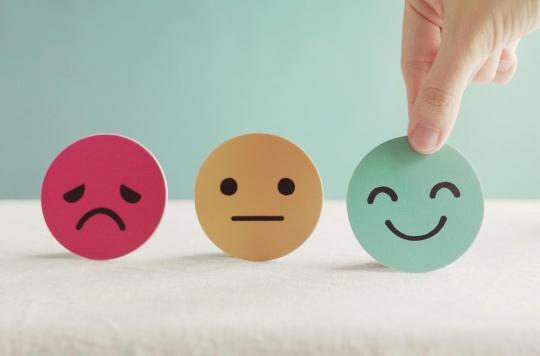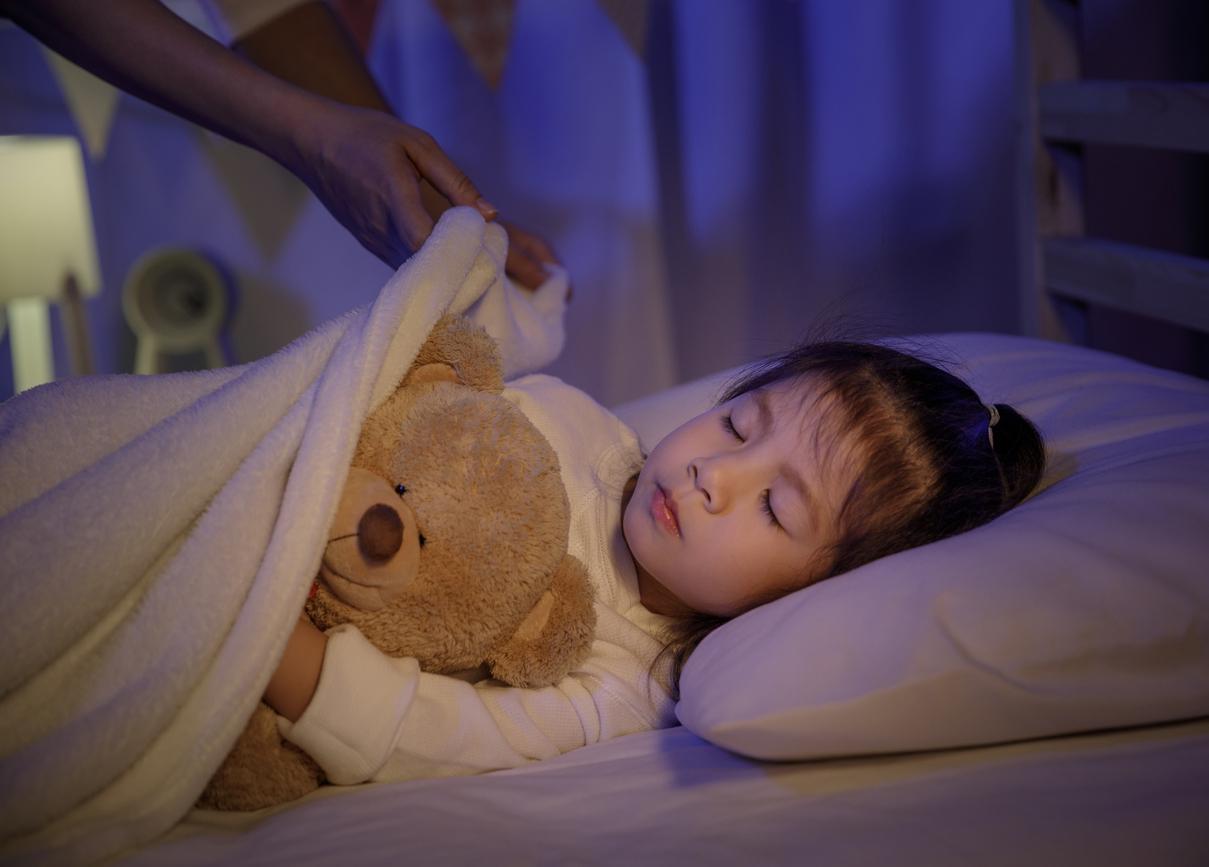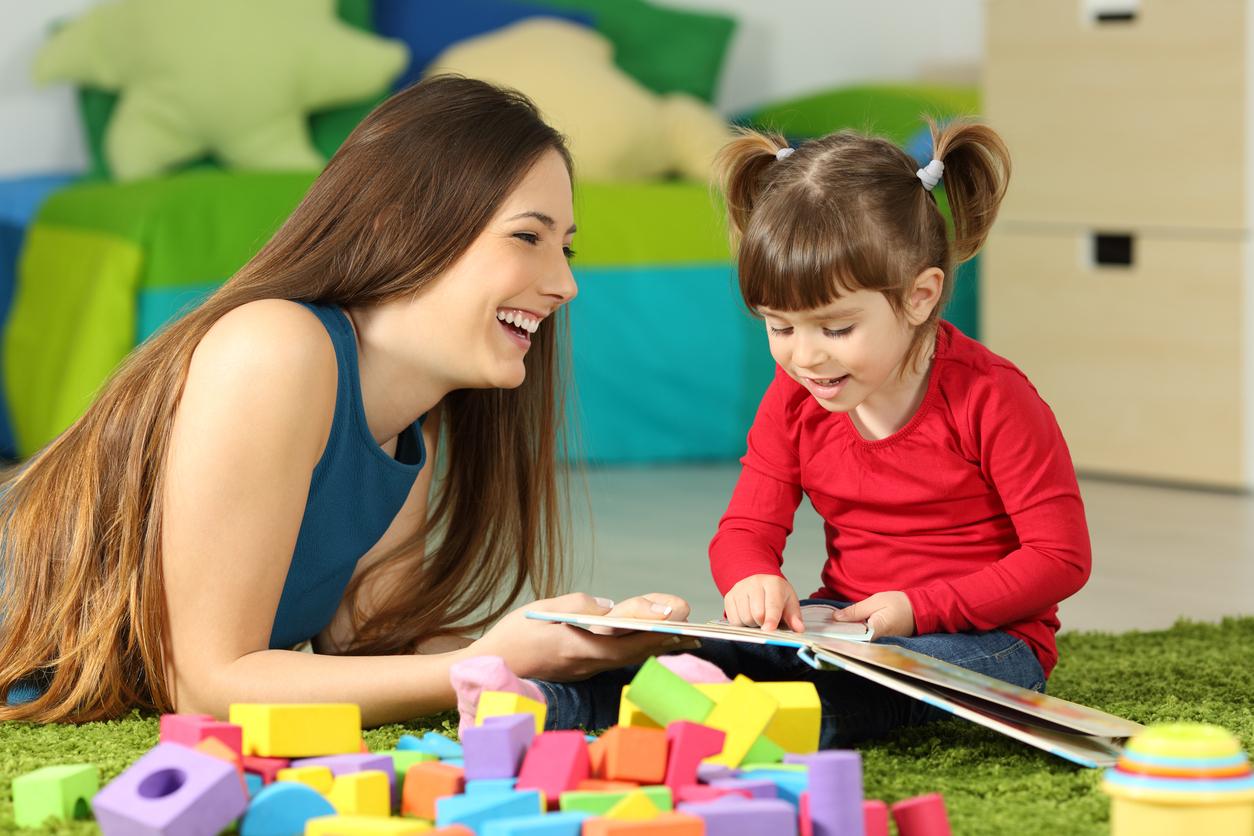When they haven’t had enough sleep, children have facial expressions that tell about their lack of sleep. This would be due to an alteration in their emotional functioning.

Dark circles, dull complexion, heavy eyelids … When we have not had enough sleep, we adults, fatigue can be read very quickly on our face. And one might think that children are spared by these physical signs.
A new study led by Candice Alfano, professor of psychology at the University of Houston (Texas), and published in Affective Science, proves that it is not. According to her, a lack of sleep in children not only affects their emotional functioning, but it literally shows on their face as their facial expression of emotions changes.
And this discovery on the facial expression of emotions could help predict long-term social problems, says the researcher. “Sleep problems in children are commonly associated with lower social competence and more problems in peer relationships, but we don’t really understand what drives these associations.”, reports Candice Alfano. Based on the results of some of her previous research, she hypothesized that the answers may lie in part in the way children’s faces express their emotions when they are tired.
A link between lack of sleep and social problems
To test this theory, the psychologist and her team followed 37 children aged 7 to 11 in two emotional lab assessments, one when the children were well rested and the other after two nights of partial sleep restriction. During these evaluations, the children watched positive (kittens, ice cream…) and negative (gunshots, ferocious dogs…) images on a computer screen while a high definition camera recorded their facial expressions. Parents of participants provided reports on their child’s social functioning at that time and approximately two years later.
The results showed that children who displayed less positive facial expressions in response to pleasurable images when their sleep was limited had more social problems two years later, even after accounting for previous social problems.
Facial expressions, a reflection of our emotions
This is an observational study, since no simultaneous relationship was found between sleep-related changes in facial expressions and children’s social problems. Nonetheless, the research team suggests that could be due to developmental differences in social behavior and peer relationships.
“For young children, more explicit behaviors, like sharing and taking turns, may be more important for friendships than subtle facial expressions. However, emotional expression becomes more important with age. details Candice Alfano. Facial expressions not only allow others to understand how you are feeling, but they are known to have a contagious effect on how others feel. “
.
















